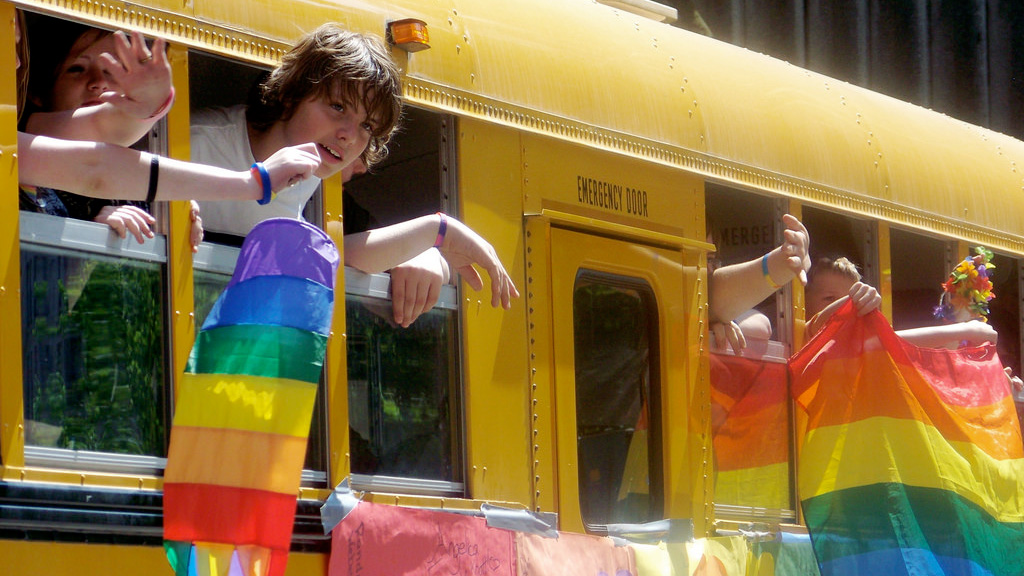 Martin Bendico
Martin BendicoIf there’s a word students are sick of hearing, it’s inflation. It’s weighing on our minds in every aspect of our lives. Rent, groceries, and tuition have all gone up. No matter where we look, everything is getting more expensive, and there isn’t an end in sight.
With inflation drastically increasing the price of groceries, more and more students are turning to the Campus Food Bank (CFB) for their next meal. In 2022, the CFB’s demand doubled. This year is no different, with the CFB regularly seeing over 1,000 monthly users. While the goodwill of the U of A community is important, it’s even more vital that the university itself steps up to support its students.
Over the last couple of years, other campus food banks have faced similar issues. The Students’ Association of MacEwan University’s The Pantry saw a 176 per cent increase in users in September 2022 compared to September 2021. Similar to the CFB, it continues to see an increase this year. The University of Calgary Students’ Union Campus Food Bank also saw a spike in clients last year. As long as inflation keeps rising, campus food banks are going to continue to see this trend. This can’t keep being pushed aside — this is an issue that needs to be addressed, and it needs to be addressed now.
While demand has been high, supply hasn’t. Earlier this year, CTV reported that food banks across the city were struggling to remain stocked. Often, food banks have to supplement donations, as donations alone are not enough. Earlier this year, it took the CFB raising $100,000 to supplement food donations. In previous years, it would only take $20,000.
Clearly, the CFB needs help. Times are tough, and the CFB is feeling the brunt of that as they try to support struggling students. But, that isn’t to say that there isn’t anything we can do to help.
The CFB heavily relies on food donations and volunteers. If there was ever a time to step up, it’s now. Whether it’s monetary or food donations, or just your time, the CFB could use the help. We should all be pitching in to support each other.
Support from students will always be welcomed by the CFB, but the responsibility shouldn’t be entirely on us to help our peers. Though we should be encouraging each other to be charitable, we should also be putting pressure on the university to do more.
To the U of A’s credit, it has helped fund a Community Food Pantry in Rutherford Library, opening in January 2024. However, this still relies heavily on donations from the community rather than consistent support from the university. This is a step in the right direction. But ultimately, it’s just a step when what we really need is a leap.
Students are struggling with the cost of living, and the university is standing by. Not only is it not doing enough, it’s continuing to propose tuition increases. Though there are bursaries, scholarships and awards, and emergency loans, it’s not adequate, and barely scratches the surface. Students need more.
Some Canadian universities are coming up with ways to support students with this battle against inflation. The University of Halifax is trying to come up with more student housing options. Doing so would lessen the pressure that lack of housing puts on students. But other universities, like the University of Victoria, have put the responsibility on students by creating a meal share program for struggling students that relies on peer donations. Though some universities are taking steps backwards and continuing to put pressure on the community to support each other, other universities are really stepping up. The U of A is in the position to choose which way to go. They should take responsibility for the welfare of students, instead of putting it on us.
Unfortunately, some students are impacted more than others. According to a survey the CFB did this spring, international students made up 70.3 per cent of those surveyed. This statistic shows that they are amongst the most vulnerable for food insecurity on campus and are the demographic most in need of support. However, they are also facing high tuition increases. As of early December, international students are facing a potential tuition hike of up to 6.5 per cent, depending on program.
If that isn’t enough, the U of A announced in their strategic plan, SHAPE, that they plan on increasing enrolment by 16,000 over the next ten years. Of these 16,000 students, 6,000 of them will be international students. International students are already struggling. Bringing more of them in is just going to strain resources like the CFB even more. Campus supports cannot accommodate 16,000 more students unless the university is willing to provide more direct support.
The U of A wants its students to succeed. But, they don’t support students by making sure they’re in the right environment to do so.
President Bill Flanagan will happily hand out pancakes during Week of Welcome. But, I want to see him implementing policies and supports to help the students who are struggling with food insecurity.
There’s a lot that goes into students’ success — being able to go to class with a full stomach is a huge factor. It might seem like a big ask to demand the university support the CFB, but it’s their job. The university has to give students the best shot at success and provide services during tough times. So, while students are struggling to make ends meet and feed themselves, I ask, where is the university?




